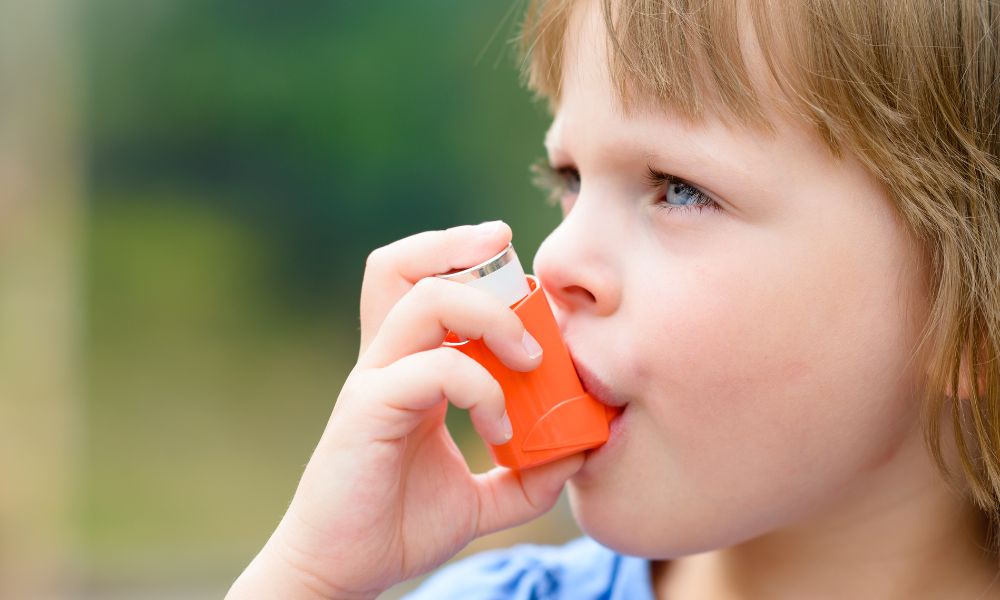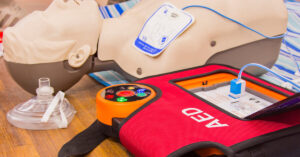One of the most common respiratory conditions affecting people from childhood to adulthood is asthma. This condition affects the airways by narrowing them, making it difficult to breathe. Asthma attacks vary in severity, from mild to life-threatening. Caregivers need to know how to prevent these attacks, and they can do that by learning tips for preventing asthma attacks in children and adults. You’ll learn the essentials to control symptoms or help yourself if you have asthma.
Identify Triggers
The best way to stop an asthma attack is to identify triggers. Anyone with asthma has unique triggers; for some, it’s pet dander. For others, it could be pollen. Common triggers include exercise, pollen, dust mites, and smoke.
After finding out what triggers an attack, you can learn how to avoid those triggers and lessen the chance of an asthma attack. One way to prevent the onset of an attack is to stay indoors in the spring and summer when pollen counts are high.
Monitor Symptoms
After determining your triggers or that of someone else, you’re not off the hook. You must also be aware of your symptoms. If you awaken in the middle of the night and begin coughing, feel shortness of breath, or start wheezing, you’re likely experiencing an asthma attack. Using a rescue inhaler and medications your pulmonologist gives you is vital to stop the attack. Your doctor can help you create an action plan for yourself or your loved one that de-escalates an asthma attack.
Take Medications
One of the best ways to manage asthma symptoms is taking your medications. They could be a nebulizer (a breathing treatment machine), a rescue inhaler, or a steroid.
When diagnosed with asthma, you will encounter two types of inhalers: preventer and rescue. A preventer inhaler has a low dosage of steroids that reduce airway inflammation and stop symptoms from occurring. Relievers are rescue inhalers. These devices relieve a person from the symptoms of an asthma attack. A licensed doctor prescribes these medications, so you should use them as directed.
Managing asthma is a lifelong journey, and new approaches to living a healthy lifestyle can help you ward off serious symptoms. Taking an AHA-approved BLS (Basic Life Support) course can also help. This training equips you with the skills to respond to breathing and cardiac emergencies, including asthma attacks. Taking the initiative and being prepared will help you manage your asthma or that of your loved ones and give you the confidence to handle emergencies. CPR123 can teach you how to prevent an asthma attack and breathe easy.







